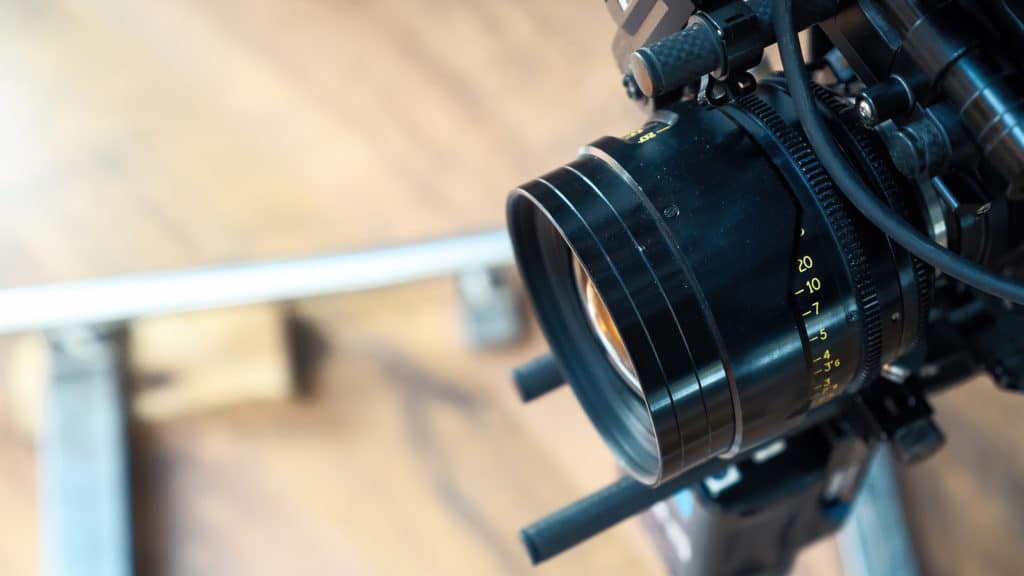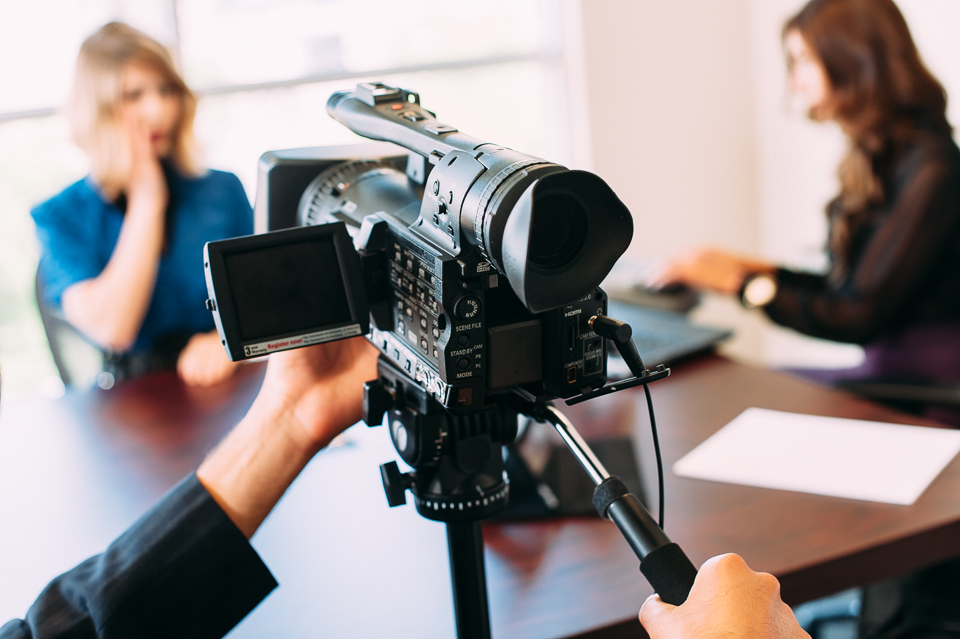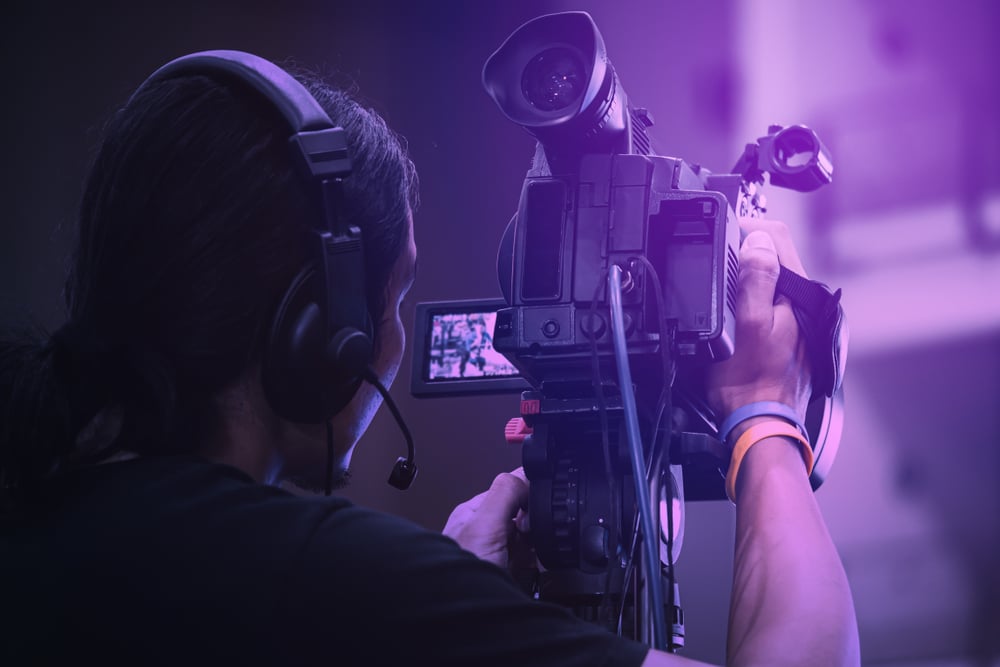A side-by-side comparison of traditional vs legal video depositions
The Value of Legal Video Depositions in Modern Legal Providers: What You Need to Know
Lawful video depositions have actually come to be essential in today's lawful landscape. They give a multidimensional sight of witness testaments that standard records simply can not match. By capturing both verbal and non-verbal communication, these depositions boost the general understanding of a witness's reputation. The performance of video clip depositions pivots on numerous elements, consisting of conformity with legal requirements and best methods. Exploring these elements exposes their real value in contemporary legal solutions
What Are Lawful Video Depositions?
Legal video clip depositions serve as an important device in the litigation process. They include taping witness testaments in a video format, recording both verbal and non-verbal communication. This method enables attorneys to document the temperament, expressions, and reactions of witnesses, offering a richer context for the statement. Generally performed in a controlled setting, these depositions are led by attorneys who ask questions while a court reporter records the discussion. The resulting video clip can be crucial for trial preparation, as it allows legal representatives to analyze the credibility of witnesses and refine their techniques. Additionally, legal video depositions can be utilized in different legal contexts, ranging from civil disagreements to criminal cases. The visual and auditory aspects of video depositions improve the presentation of evidence, making it a vital element in the contemporary lawful landscape. Generally, they add considerably to the performance and performance of legal process.

Benefits of Video Depositions Over Traditional Techniques
Video clip depositions supply numerous benefits compared to standard techniques of taking witness testimonies. One considerable benefit is the capability to catch both visual and audio components, giving an extra detailed document of the witness's statements. This twin format boosts quality and permits lawyers to reference specific subtleties throughout test prep work. Additionally, video depositions promote remote engagement, making it much easier for witnesses that might be unavailable for in-person looks due to geographical restraints or health and wellness issues.Moreover, video depositions can accelerate the general deposition procedure, lowering the moment and expenses related to travel and logistics. They likewise improve ease of access, as videotaped depositions can be conveniently shared among lawful teams and referenced at any moment. This comfort adds to far better case monitoring and preparation. Overall, video depositions stand for a contemporary, reliable method to collecting witness statements, straightening with the developing demands of the legal career.
The Function of Body Movement and Tone in Testimonies

In legal video depositions, body language and tone play vital roles in sharing a witness's credibility and trustworthiness. Nonverbal cues can supply insights right into a witness's psychological state, influencing how their statement is viewed. Recognizing the impact of these aspects is necessary for jurors and attorneys alike when examining the reliability of a statement.
Nonverbal Interaction Insights
While spoken communication is typically highlighted in lawful testimonies, nonverbal hints such as body language and tone play an essential duty in sharing trustworthiness and emotion. Onlookers of depositions may note that a witness's posture, gestures, and faces can substantially influence assumptions of dependability. For example, constant eye contact may indicate self-confidence, while preventing gaze can suggest deceit or discomfort. The tone of voice-- its pace, pitch, and volume-- can pass on feelings of sincerity or unpredictability. Legal experts must be attuned to these nonverbal signals, as they typically supply critical context that matches spoken words. Recognizing these subtleties can enhance the efficiency of depositions and affect the outcome of lawful proceedings.
Psychological Tone Impact
The psychological tone conveyed throughout lawful testimonies considerably impacts just how a witness is regarded. Body language, singing inflections, and facial expressions play essential roles fit the story of a testament. A witness exhibiting confidence with stable eye get in touch with and a tranquil tone can impart a feeling of dependability and interaction. Alternatively, signs of anxiety, such as fidgeting or an unstable voice, might cause apprehension concerning their account. The subtleties of emotional expression can affect the analysis of facts, making it vital for legal professionals to acknowledge these signs. In video depositions, the visual and acoustic components integrate, stressing the significance of emotional tone in sharing genuineness and truthfulness within the lawful procedure.
Trustworthiness and Reliability
A vital aspect in establishing credibility and dependability throughout testaments hinges on the witness's body movement and tone of voice. Onlookers usually count on non-verbal cues-- such as eye get in touch with, pose, and motions-- to evaluate a witness's sincerity. A witness that maintains eye get in touch with and presents open body language might be perceived as more truthful and reputable than one who avoids eye call or shows up closed off. Additionally, intonation plays her response a crucial duty; a consistent, calm tone can reinforce the reliability of the testimony, while variations in pitch or volume may raise uncertainties. Inevitably, the mix of body movement and vocal tone greatly affects exactly how a witness's statements are obtained and translated in a legal context.
Finest Practices for Carrying Out Video Depositions
Conducting video clip depositions needs mindful preparation and execution to ensure a efficient and clear discussion of statement. First, it is necessary to select a quiet, well-lit area to reduce disturbances and safe optimum video clip top quality. The equipment must be tested ahead of time, including cams, microphones, and lights, to prevent technological issues during the deposition.Next, events involved need to assess the format and treatments ahead of time, making sure that everybody recognizes their functions. The deponent must be briefed on the procedure, consisting of how to react clearly and concisely.Additionally, keeping a professional demeanor throughout the session is necessary. This consists of abstaining from talking over each other and confirming that all questions are guided properly. It is vital to videotape the deposition in a style that permits for very easy playback and testimonial, protecting the stability of the testimony for future use.
Legal Considerations and Conformity Issues
Exactly how do lawful factors to consider and conformity problems impact the efficiency of video depositions? Lawyers have to browse a complex landscape of guidelines, making certain that video clip depositions follow jurisdictional guidelines and requirements. Compliance with regulations concerning privacy, authorization, and recording approaches is crucial. As an example, getting specific permission from all celebrations included is needed to prevent legal repercussions.Additionally, the admissibility of video proof in court can depend upon compliance with step-by-step demands. Guaranteeing that the equipment made use of satisfies technological criteria is likewise important, as inadequate high quality can undermine the deposition's reliability.Moreover, attorneys should understand any kind of particular state regulations that control video depositions, as these can differ greatly. Failure to resolve these factors to consider can not my response just jeopardize the honesty of the deposition but additionally affect the general instance method, ultimately influencing the client's legal end results.
How Video Clip Depositions Impact Court Perception
While video depositions can function as effective tools in legal proceedings, their impact on jury understanding is considerable. The auditory and aesthetic elements of video clip recordings provide jurors with a much more detailed understanding of witness behavior, credibility, and psychological responses. This multimedia strategy can enhance the jurors' capability to examine the reliability of testimony compared to typical text-based transcripts.Moreover, video clip depositions allow jurors to observe body language, intonation, and face expressions, all of which can impact their interpretation of the witness's declarations. The visibility of a witness on display can humanize them, fostering empathy and connection, which may persuade jurors' point of views. Conversely, a witness who shows up untrustworthy or evasive on video may cause negative understandings that influence a court's decision. Inevitably, the dynamic nature of video depositions plays an important duty fit how jurors translate evidence and reach their decisions.
The Future of Video Depositions in Legal Method
As innovations in innovation proceed to improve the lawful landscape, the future of video clip depositions is poised for considerable evolution. Developments such as expert system, virtual truth, and boosted video clip conferencing devices are anticipated to simplify the deposition procedure and enhance ease of access. Lawful experts might make use of AI-driven analytics to analyze witness credibility and case stamina a lot more effectively.Moreover, the combination of online truth could enable courts to experience immersive simulations of depositions, giving deeper context and understanding. Furthermore, the pattern toward remote depositions is most likely to continue, providing greater flexibility for customers and lawyers alike.As remote work becomes increasingly normalized, video depositions will likely become basic practice, reducing prices and time constraints related to standard techniques. On the whole, these technical advancements promise to improve the effectiveness, performance, and availability of video clip depositions in lawful technique, eventually transforming exactly how attorneys plan for trial.
Frequently Asked Inquiries
Just How Much Do Legal Video Depositions Commonly Expense?

Can Video Depositions Be Made Use Of in Any Kind Of Instance?
Video depositions can be used in numerous kinds of instances, consisting of civil, criminal, and family legislation. Their versatility enables attorneys to existing witness statements effectively, adapting to the certain demands of different legal circumstances.
What Tools Is Required for a Video Deposition?
To carry out a video clip deposition, necessary tools includes a premium electronic camera, microphone, lights, and a dependable recording device. In addition, a computer with modifying software program may be essential for post-production and formatting the final video clip.
For how long Does a Common Video Deposition Last?
A normal video clip deposition lasts in between two to 4 hours, relying on the complexity of the situation and the number of concerns postured. Extended sessions may occur, but breaks are usually integrated for individual comfort.

Are Video Clip Depositions Admissible in Court?
Video clip depositions are normally admissible in court, given they abide by lawful requirements and policies of proof. Their use enhances quality and preserves witness testament, helping in the judicial procedure during hearings and trials. Lawful find more info video depositions have actually come to be necessary in today's legal landscape. Furthermore, lawful video depositions can be made use of in numerous legal contexts, ranging from civil disagreements to criminal situations. Furthermore, video depositions promote remote engagement, making it much easier for witnesses who might be inaccessible for in-person appearances due to geographical restraints or health and wellness issues.Moreover, video depositions can expedite the total deposition process, reducing the time and prices connected with travel and logistics. Making certain that the devices used fulfills technical criteria is likewise important, as inadequate high quality can threaten the deposition's reliability.Moreover, attorneys must be mindful of any details state legislations that control video depositions, as these can differ significantly. Additionally, the pattern towards remote depositions is likely to linger, providing better versatility for lawyers and clients alike.As remote work comes to be increasingly stabilized, video depositions will likely end up being standard method, lowering costs and time restraints connected with standard approaches.